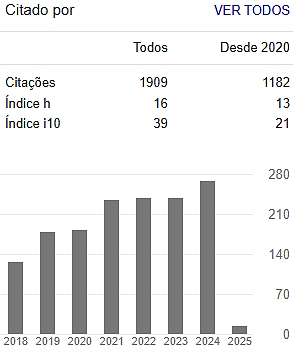EL CONTEXTO EN EL QUE SE PRETENDE QUE LAS Y LOS ESTUDIANTES DESARROLLEN HABILIDADES SOCIOEMOCIONALES EN LAS ESCUELAS DE LATINOAMÉRICA.
Habilidades socioemocionales: la cara oculta
Keywords:
Habilidades Socioemocionales, Latinoamérica, EscuelasAbstract
Addressing the implementation in Latin America of reforms and educational policy that incorporate socio-emotional skills as central aspects to be developed in basic and upper secondary education. The position that is discussed in this essay is that although the value of socio-emotional skills cannot be denied when searching for the integral education of the students, there is a problem in the way in which these skills are presented to society wrapped in a discourse of innovation and politically neutral. According to Hugo Zemelman, in order to understand the social implications of this policy, it is necessary to be able to read the circumstances, in which it occurs, and to question its origin and manifest intentions. It is also necessary to contrast the discourse with the reality of the context of Latin American students. The potential of these policies, which from the logic of the market are aimed at promoting voluntary servitude in society, can be counteracted by teachers and students through critical and autonomous reflection and through their ability to intervene and construct new meanings for socio-emotional. Meanings that can contribute to the recovery of the educational participant and to the construction of communities of solidarity where learning, integral development and the possibilities of an inclusive future can be set in motion.

